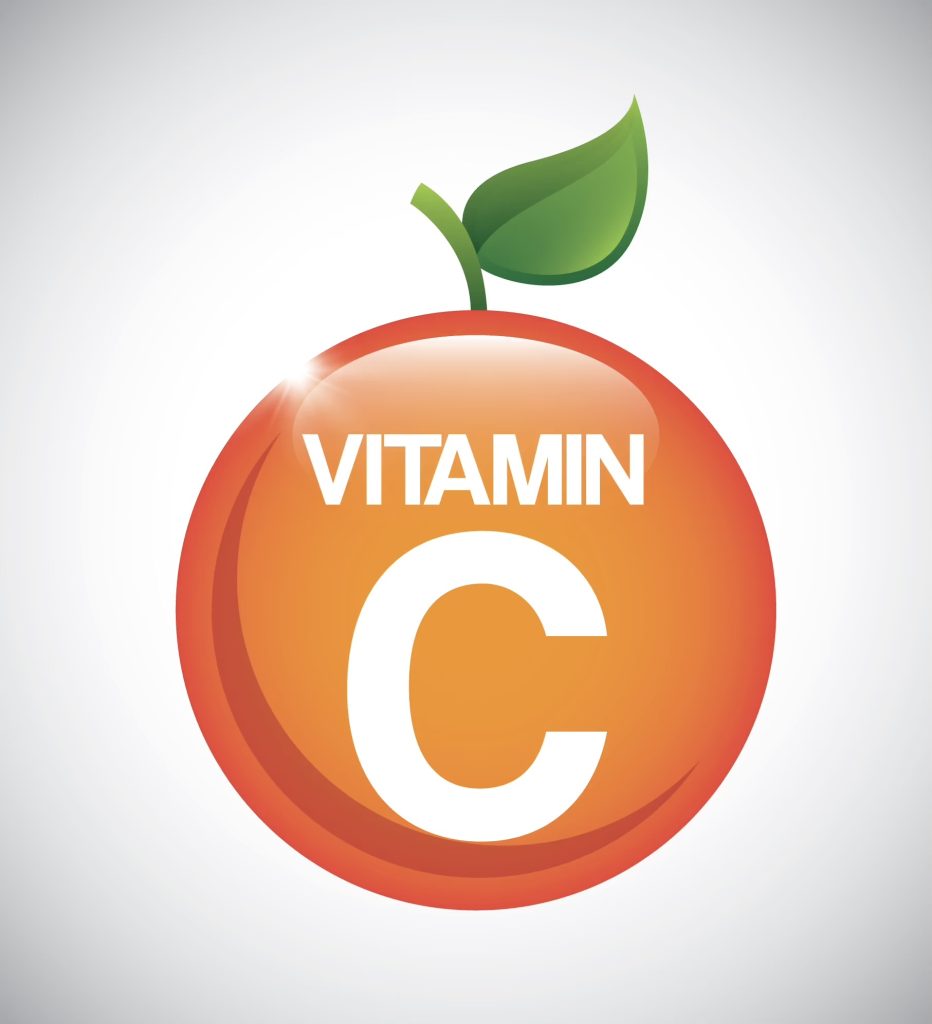10
Oct
Ascorbic acid is not vitamin-C. While it's the synthetic version of vitamin-C and is very much identical to the natural vitamin-c found in natural fruits, it only contains a few elements of vitamin-C. Ascorbic acid is the antioxidant found in vitamin-C and it is also one of the main elements used in synthetic ascorbic acid.
You'll definitely agree that vitamin-C has many benefits for your health system. It is pumped with a multitude of nutrients and antioxidants known to boost the immune system and improve your skin health. You can get this power nutrient into your system through sources of vitamin-C such as natural fruits and vegetables. Oranges especially have all the hype for being high in vitamin-C.
However, The baobab fruit has nearly 4 times more vitamin-C than oranges and has one of the highest antioxidant ratings. Another fruit worthy of notice is the camu camu fruit. It is also significantly rich in vitamin-C and high in antioxidants.
Of course, a known alternative to natural sources of vitamin-C is the synthetic version which is called ascorbic acid. It also contains antioxidants It comes in capsules, tablets, lozenges, and liquid drops which are available with or without prescription.
Let's dive into the qualities of these two versions of vitamin-C and discover which form truly benefits your body as an antioxidant.
Ascorbic Acid vs. Natural Sources of Vitamin-C
The main difference between the natural vitamin-C and synthetic ascorbic acid is how your body absorbs it. Studies have shown that the body easily absorbs vitamin-C from natural sources much better than synthetic ascorbic acid. Furthermore, it is scientifically unclear how well the body absorbs ascorbic acid because there isn't enough research on it.
Additionally, when taking natural fruits, the nutrients all work together to provide your body with optimal benefits. Meanwhile, the synthetic version only offers one or a few nutrients and the absence of those other nutrients can have a varying effect on how each person processes it.
Several studies on the antioxidant activity and protective effects of synthetic ascorbic acid versus foods rich in vitamin-C are in favor of food sources. Experts state that without the appropriate nutrients attached to an antioxidant can make it deplete the nutrients in your body. This affects the antioxidant activity from a synthetic ascorbic acid.
However, natural sources of vitamin-C found in natural fruits come packed with a cocktail of antioxidants, rutin, bioflavonoids, mineral factors, etc. The antioxidant in natural vitamin-C serves two purposes. It serves as protection for the other nutrients as they enter your body and it also provides your body protection from diseases caused by free radicals.
Top Vitamin-C and Antioxidant-Rich Fruits
Baobab as a Natural Source of Vitamin C
The baobab fruit produces 266 mg of vitamin-C for every 100g of...




